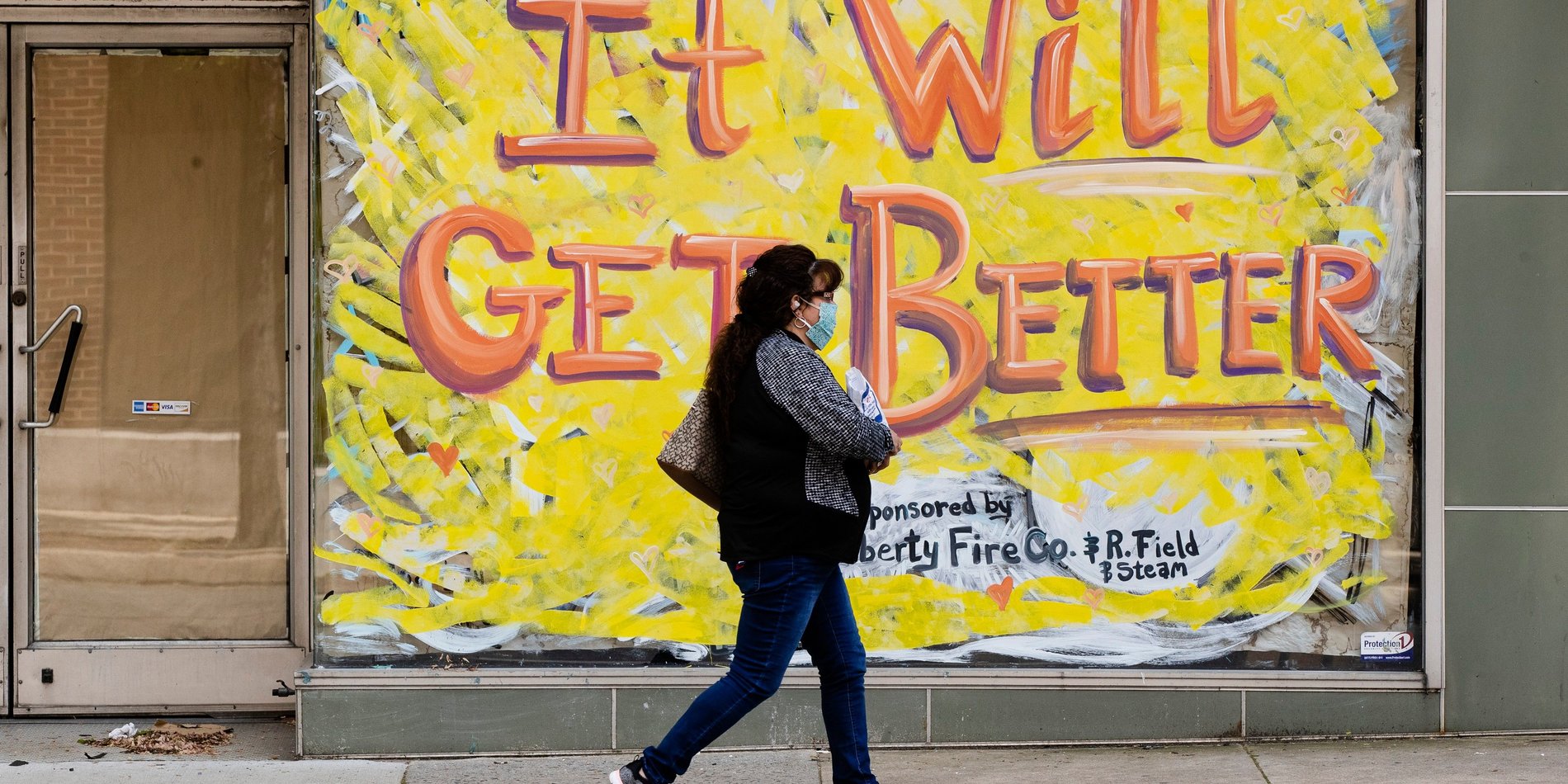News
Main content start
Research highlights distill our scholars' policy-relevant work, while media mentions showcase their appearances in the popular press.
Site news

Economic Impact of COVID-19
As policymakers and business leaders move forward in an economic landscape transformed by the COVID-19 pandemic, SIEPR researchers are analyzing and informing their decisions.
